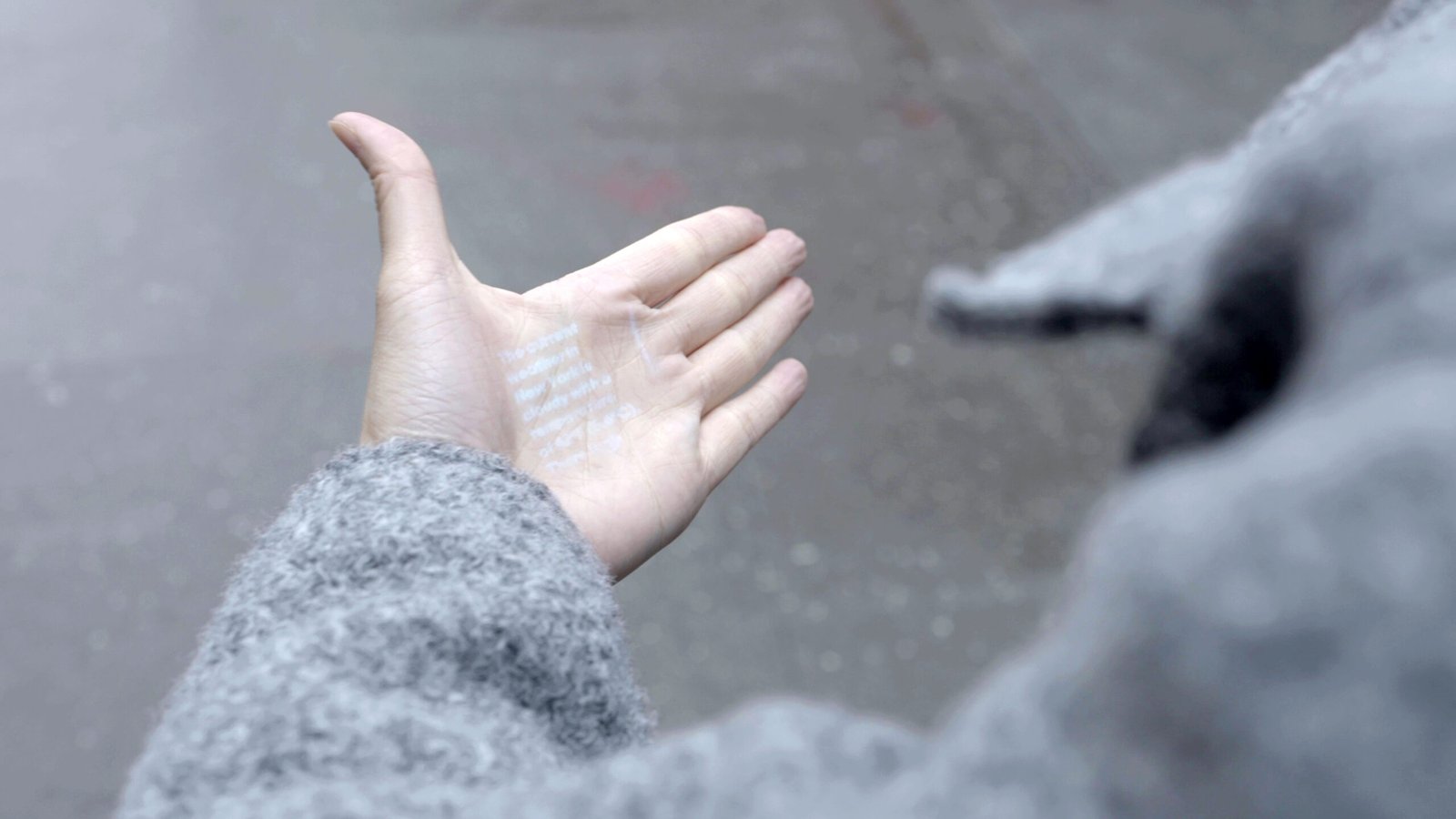The demise of Humane is perhaps the most predictable tech story of 2025. The company tried to build some buzz around its AI Pin in late 2023, marketing the device as a tiny replacement for smartphones and playing up the fact that Humane’s co-founders were former Apple employees. The problem was that it wasn’t really clear what the AI Pin would do to justify its $700 asking price (plus a $24/month subscription).
It didn’t take long for things to spiral out of control. The AI Pin was released in April of 2024 to some of the worst reviews I’ve ever seen for a consumer tech product. Just a month after launch, reports surfaced that the company was already trying to be acquired — for the positively ludicrous sum of $750 million to $1 billion dollars. At the same time, it was rumored that Humane sold only 10,000 Pins, a far cry from the 100,000 they had planned for. HP was named as a potential suitor last May, and the company smartly waited until they could pluck Humane for a comparatively paltry $116 million.
As it turned out, waving your hands and shouting about the promise of AI doesn’t make it any easier to build compelling hardware — we slammed its high price, terrible battery life, slow performance, excessive heat and hard-to-use projected display. (And Engadget was far from the only publication to eviscerate this device.)
For a device whose main interface was conversational, the challenges the AI Pin had answering questions or executing commands made it a non-starter. Even when it did what was asked, it did it in some strange ways, like sending generic texts instead of letting you dictate what exactly you wanted to say. Its camera rarely worked as intended; after taking photos and viewing them on the projector, the Pin would get extremely warm and sometimes just shut down entirely. Speaking of that projection screen, it was nearly impossible to actually see it outdoors, even on a cloudy day. And interacting with it made our reviewer Cherlynn Low want to “rip [her] eyes out.”
Oh, let’s not forget that its extended battery case was recalled because it was a full-on fire hazard!
The whole debacle is an illustrative example of how most consumer-grade AI isn’t ready for prime time. Google and Apple may be trying to shove Gemini and Apple Intelligence down our throats on nearly every product they make, but those tools are additive, built on top of the strong foundations of each company’s existing platforms. In Humane’s case, there was nothing to fall back on. And the combo of terrible voice responses and recognition paired with a projector display that was not at all ready for prime time (not to mention the other hardware failings) was far too much to overcome.
There was simply no intelligence to be found here, artificial or otherwise.
To be fair to Humane, building hardware is notoriously difficult; first-generation products often have glaring flaws, even when you’re talking about massive companies like Apple. The first iPhone, iPad and Apple Watch may have shown huge promise, but they also had strange omissions and performance issues that made them hard to recommend to everyone.
Some companies manage to figure that out; Pebble is a great example of a hardware startup that survived some early issues to find some success. It beat Apple, Samsung and Google to the smartwatch market, and did it in a way that has yet to be imitated (maybe that’s why the company is being resurrected). The Pebble wasn’t exactly the most elegant piece of hardware, but both the watch and its software worked well enough that it paved the way for the more advanced smartwatches we have today. Of course, that wasn’t enough to keep Pebble alive, as the company eventually filed for insolvency and had its assets picked up by Fitbit (which was later purchased by Google, if you’re keeping track).
Humane’s situation at launch wasn’t entirely different — it was trying to build a new type of hardware altogether, and history tells us that the first products in a new space are going to be far from perfect. But, if there had at least been a glimmer of useful software, Humane might have survived to improve on those hardware problems with a future version. But its assistant was so bad that it killed any potential that the AI Pin had. There was simply no intelligence to be found here, artificial or otherwise.
My takeaway from the Humane disaster is that it’s too soon to spend your hard-earned money on the promise of AI — the marketplace isn't solidified at this point, and trusting a brand-new company like Humane to get this sort of thing right is several bridges too far. (If you're not convinced, look at the similarly flawed Rabbit R1.) Apple Intelligence is still half-baked at best, but at least you can turn it off and ignore it. But the AI Pin, well, relied completely on AI, and it wasn’t just “not ready” — it was one of the worst devices we’ve ever tried in our nearly 21 years as a publication. For some thousands of early adopters, that means their Pin will be a brick in just a few days, with no financial compensation coming their way. But hey, at least it will still be able to tell you its battery level.
This article originally appeared on Engadget at https://www.engadget.com/ai/the-humane-ai-pin-debacle-is-a-reminder-that-ai-alone-doesnt-make-a-compelling-product-190119112.html?src=rss
Source link
